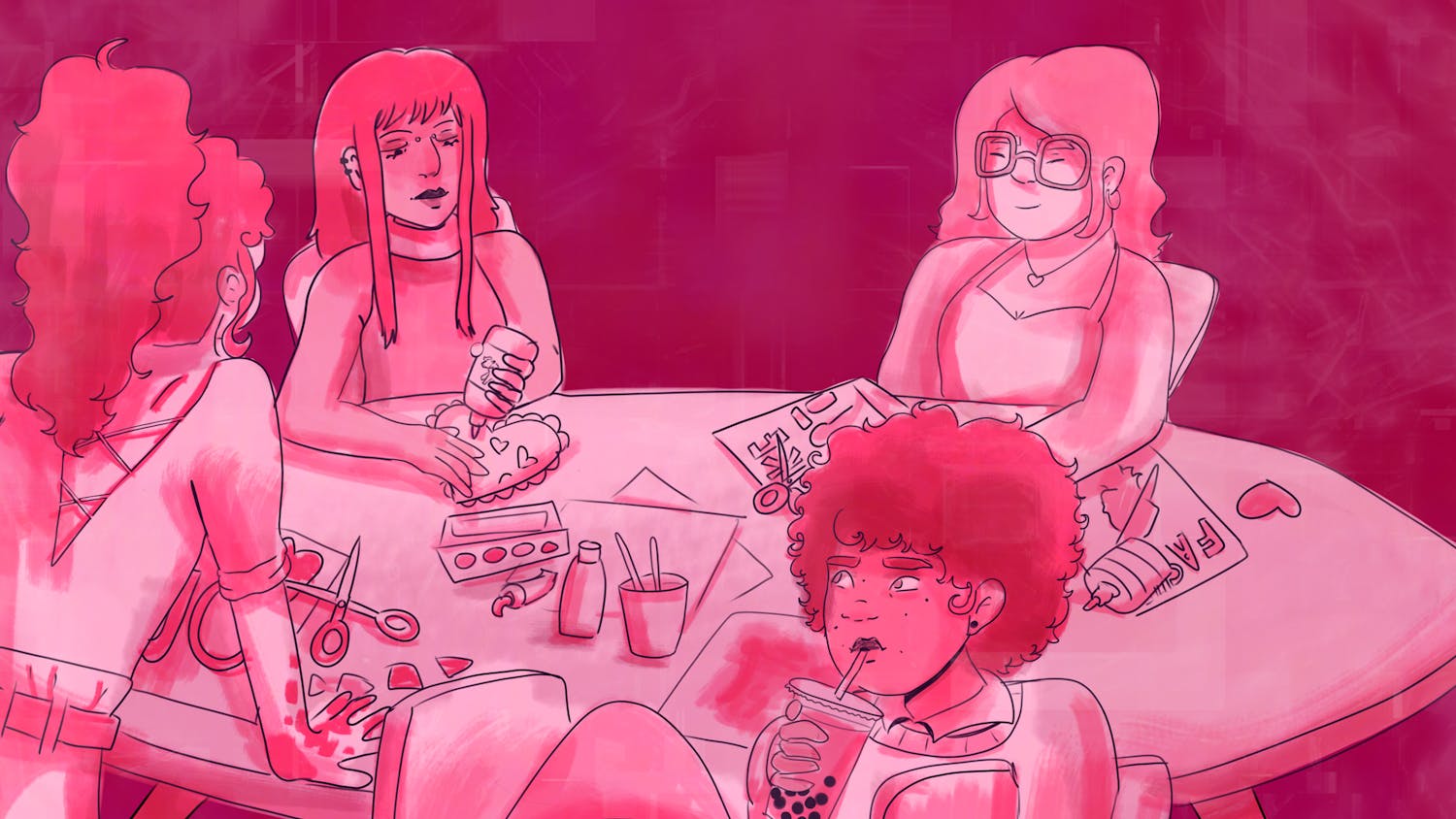‘American Crime’
B-
“American Crime” is definitely trying its hardest to be the grittiest crime drama on television.
The show, which premiered on ABC last week, tackles racial tensions, various crimes and class differences with varying degrees of success. Unfortunately, moments of true emotion and a captivating production are undermined by the show’s poor pacing.
“American Crime” begins with Russ Skokie, played by Timothy Hutton, confirming the body of his son, Matt.
Matt was killed in a home invasion. The police don’t know who was responsible for Matt’s murder or the attack on his wife, Gwen, who’s now in critical condition. They only have a description of a car and a Hispanic person of interest.
This crime becomes the focal point of the show, and all the storylines revolve around it in some way.
Barb, Russ’ ex-wife, becomes the driving force of their family. She talks to a reporter about her son and his service in the army and questions why the police haven’t found the perpetrator yet. She is a tough woman with rough edges and implied prejudices, indicated by her referral of all Hispanic people as “illegals.”
We are then introduced to a Hispanic family with a controlling dad and two teenage kids. The dad came to America “the right way” and is determined to keep his children safe and out of gangs.
Despite this, we learn his son, Carlos, has been renting out their car to gang members and other kids at school. And the car happens to fit the police’s description.
One person Carlos has been renting the car to is Hector Tonz, played by Richard Cabral. After being caught using Matt Skokie’s credit cards, Hector is cornered by police at an electronics store and tries to run. Despite him being clearly boxed in, the police shoot at him twice, and he is hit in the leg.
Cabral delivers one of the most engaging scenes of the pilot. Between lines of questioning by the detective, he continually asks a hospital bed, “Why they gotta shoot me?” When no response is given, just more questioning from the detective, Hector said, “You know why you shot me? ‘Cause you don’t give a damn about me.”
“American Crime” shines here, illustrating the complicated relationship minorities have with the law. The scene has tangible anger and frustration from Hector and highlights what the show can do best when it isn’t caught up in flipping too quickly between too many characters.
Hector tells the police he had given the car to Carter, a black man dating a white woman named Aubry. Their relationship is definitely the weak point and the most boring part of the show. Shots of them hugging and taking care of each other in order to get high are not enough to make them a couple I want to empathize with or see on screen again.
In the end, Carter is arrested and, surprisingly, so is Carlos.
There are moments of brilliance in “American Crime.” The show is looking to tackle issues of race and drugs not common on primetime television. It addresses these issues in a way that isn’t glorifying or demonizing them.
The show’s production is well done. Subtle things, such as camera cuts in the middle of sentences and sound that doesn’t quite match up with the picture on screen, relay the tension and uneasiness the show is striving for without beating it into the ground.
These moments do not come without their weaknesses. Constant camera cuts and nonstop switching between the different characters’ storylines makes it hard to develop an emotional connection with any of them. There is no breathing room between scenes.
Somehow, despite constant scene changes, the show just seems to drag on. The pacing of the show is slow. Painfully slow. The 43-minute run time felt like two hours.
“American Crime” can become a great show. It has the acting ability and storyline potential to do so. It just needs to take a step back and realize it doesn’t have to try so hard to be the most ground-breaking show on network television.



